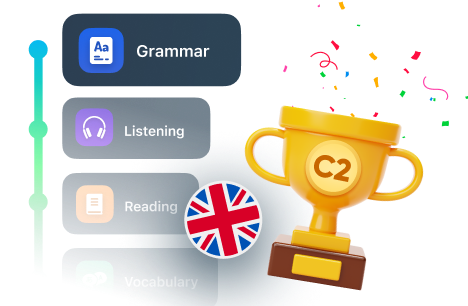Learn English with Personalized Path and AI-powered practice sessions
 Start for free
Start for free
Here you'll find many helpful articles for Chinese learning with tips and advice, some rules, and phrases.
I used to learn my very first Chinese word at the age of two. I remember I had to finish all the number wording in a worksheet prepared by my parents every night before sleep. As all of us know, the Chinese language is the only one in this world
Mastering a language is a voyage that demands consistent effort. Allocate dedicated time each day or week to practice all language skills.
With an authentic greeting, you can make a great impression in a Chinese-speaking environment.
Whatever your goal of learning Chinese may be, a well-defined strategy will help you acquire Chinese successfully and more efficiently.
Here are some reasons why mastering Chinese Pīnyīn is crucial for learners.
1. 车水马龙(chē shuǐ mǎ lóng) means: chē rú liú shuǐ mǎ rú yóu lóng yì bān 车 如 流 水,马 如 游 龙 一 般, xíng róng rè nào fán huá de jǐng xiàng 形 容 热 闹 繁 华 的 景 象。 Cars move like the flow
The three modal verbs “huì,” “néng,” and “kěyǐ” are all often translated as “can” in English. Sometimes they are explained as follows: “huì” means “know how to,” “néng” means “to be able to,” “kěyǐ” means “to have permission to.” This is a useful way of thinking about them, but in
Now let’s talk about 5 Chinese expressions for negative emotions.







